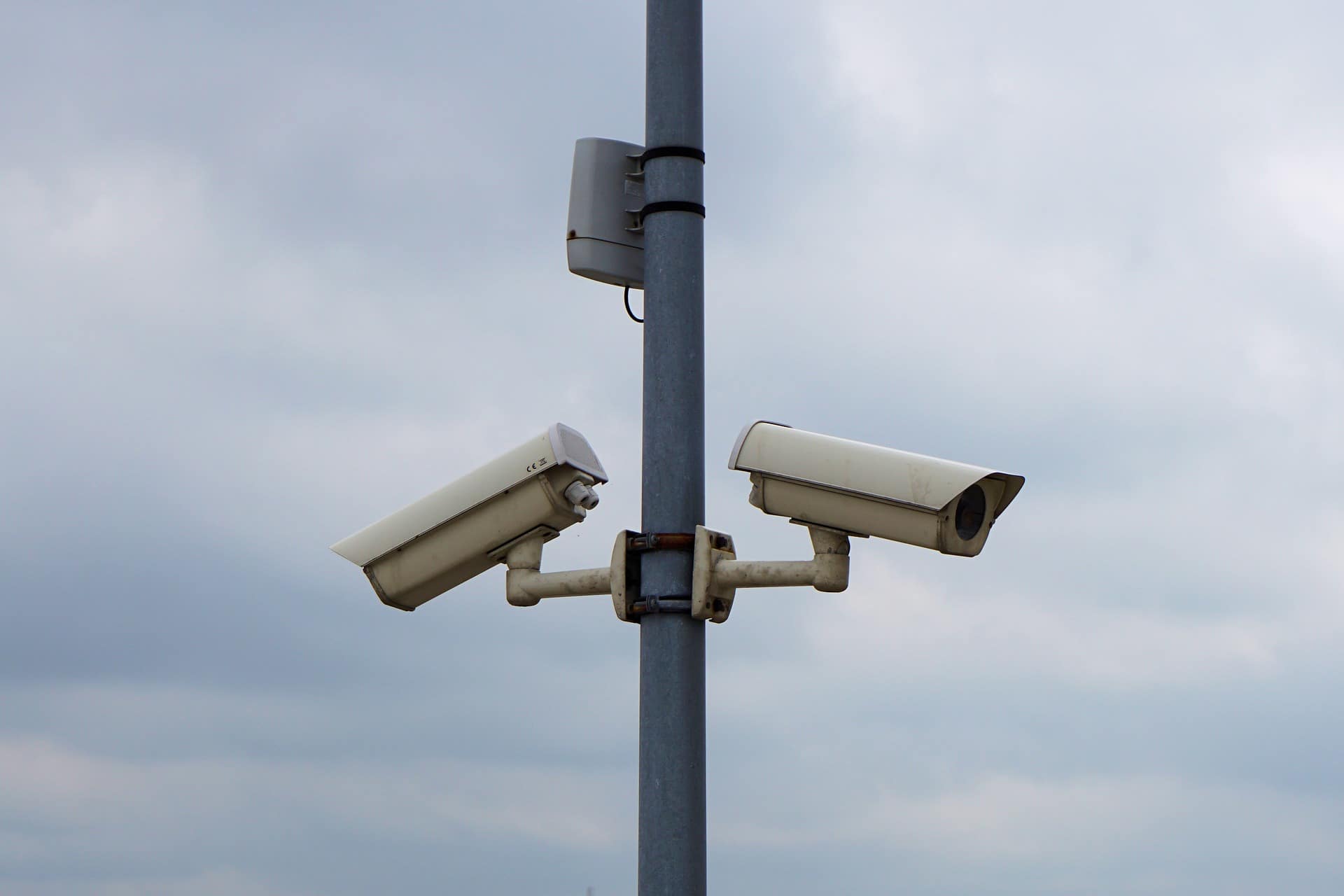July 12, 2018 (MENDOZA, ARGENTINA) — In mid-April, representatives of Huawei met with Governor Alfredo Cornejo of the province of Mendoza, Argentina, to present new technological tools for improving public safety. Among these technologies are cloud-based storage systems, big data, and artificial intelligence for facial recognition and public surveillance.
As we have seen in situations around the world, these technologies have the potential to violate the privacy and other human rights of millions of citizens if there are not adequate control mechanisms for their acquisition and use.
Access Now, together with a coalition of civil society organizations working in Argentina, delivered a letter today to the Mendoza government detailing those concerns.
“Facial recognition technologies in public spaces can be abused very easily to violate the people’s fundamental privacy rights, in ways that are very difficult to remedy,” the letter notes. Unlike other sensitive personal information like passwords or security PINs, a person cannot change their face if the data being captured is abused or compromised. Further, without proper safeguards in place, these public surveillance tools can be used to track people’s movements in a way that can inhibit the right to strike, free association, free expression and enjoyment of public space in sporting and cultural events, among others.
“We know that people modify their behavior when they have the feeling of being observed. This kind of surveillance would be a clear interference in the way we carry out our lives and build our identities in society,” explained Leandro Ucciferri, lawyer and researcher at Asociación por los Derechos Civiles.
“Extensive research from around the world shows that facial recognition technologies do NOT fulfill their objectives,” said Beatriz Busaniche, from Fundación Vía Libre. “In Europe, for example, where they have been used at major sporting events and large popular gatherings, error rates have been unacceptably high. In a democratic state, free circulation in public spaces, people’s privacy, and the presumption of innocence are basic principles that can not be put at risk without a clear and concrete reason.”
Mendoza is not the first region of Argentina to explore these tools under the banner of providing greater security and encouraging the creation of “smart cities.” Tigre, a city of Buenos Aires, by 2008 had one camera per 290 citizens. In 2016, many complaints were filed for the abusive use of the surveillance system. In 2017, the government of the City of Buenos Aires announced the purchase of surveillance balloons, without any disclosures regarding the technology, purchase process, or intended use, without any consultation to civil society, and without any control mechanisms for its implementation. This year, the governor of Salta publicly admitted the use of artificial intelligence and Big Data to identify individuals thought to be at risk of teen pregnancy — even five to six years in advance — and school desertion.
“Surveillance tech endangers the use of civic space for rightful association and peaceful demonstration,” said Javier Pallero, Latin America Policy Lead at Access Now. “The deployment of balloons and drones in Buenos Aires without proper safeguards and rules is a worrying precedent in Argentina that public officers in Mendoza need to avoid.”
“It is crucial that before adopting surveillance and ‘smart city’ technologies, Mendoza does its homework and listens to the opinion of experts and other interested parties. This is the only way to guarantee improvements to security are not at the expense of people’s privacy,” added Agustín Rossi, Global Policy Director at Public Knowledge.
The coalition is calling on Mendoza’s government to refrain from any further steps toward acquiring Huawei’s surveillance technologies until a comprehensive public dialogue takes place, including public hearings to discuss empirical evidence, benefits, and risks of facial recognition systems, mass surveillance, and “smart cities,” along with consultations with civil society on the legislation necessary to ensure privacy rights are respected. There should also be formal audit processes of any hardware or software being considered for acquisition through independent researchers and academics. Above all, any processes of discussion, evaluation, budgeting, and execution must be carried out in a way that is transparent and accessible to the people of Mendoza.
“In Mendoza, both rulers and citizens know very little about the risks of implementing technologies of surveillance and facial recognition. And it’s something that civil society deserves to know about,” said María Fabiola Cantú, Executive Director of the Latin American Center for Human Rights (Centro Latinoamericano de Derechos Humanos). “We must discuss if we are willing to implement these systems, and, if so, the controls necessary to avoid invasions of privacy and impacts on fundamental rights.”
Governments that intend to implement surveillance systems, to endow them with legitimacy and legality, must comply with international standards of human rights. Principles such as necessity and proportionality for surveillance are fundamental. A further explanation of these and other principles can be found here.
